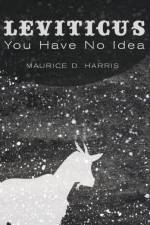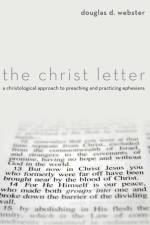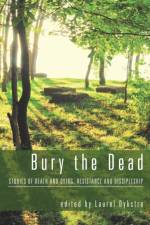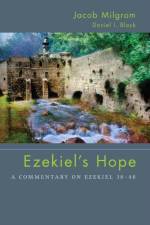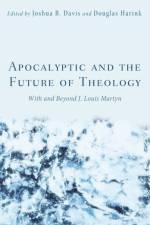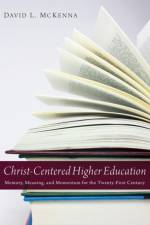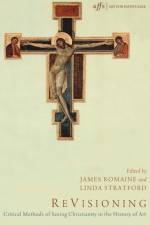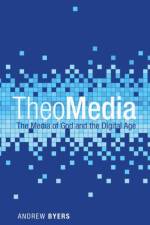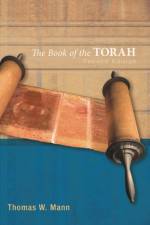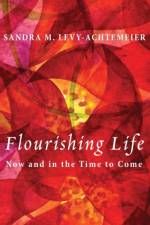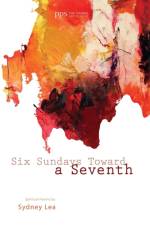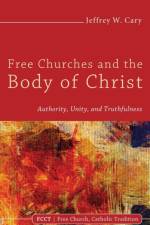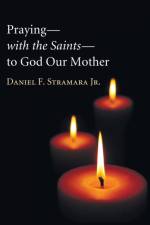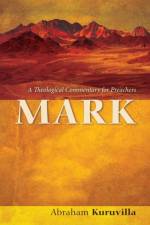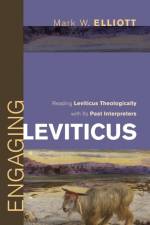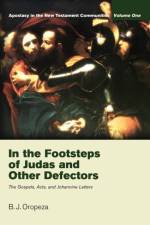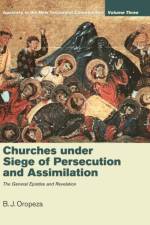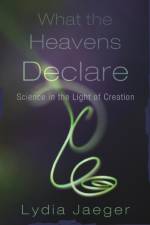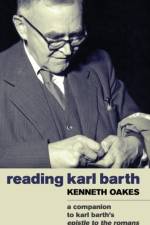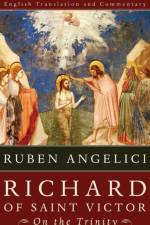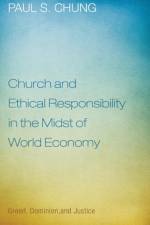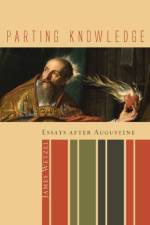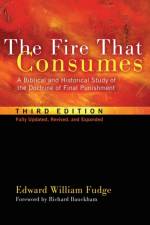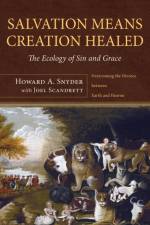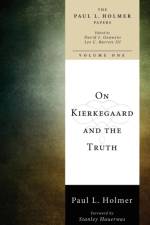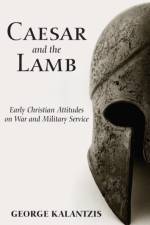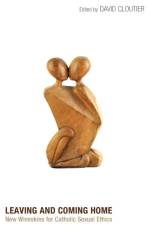449,-
Drawing on their experiences as fathers, eleven men share what they have learned about parenting, living a Christian life, and the relationship between the two. As fathers to children ranging in age from the very young to adults, contributors reflect on some of their joys and successes as fathers but also on their questions, concerns, mistakes, sorrows, and hopes--for themselves and for their children. They invite all parents to reflect on and learn from their own parenting experiences. This kind of reflection fosters wisdom, perspective, and, in solidarity with other parents, gratitude, confidence, and hope in the parenting life.""Fatherhood is a distinctive vocation for Christians. Those of us who are called to the ministry of fatherhood need all the help we can get to fulfill our parental responsibilities. In this great collection of essays, a team of some of our best Christian communicators gives us fine insights into fatherhood in the faith. All of us who [are] Christians and fathers will be strengthened and encouraged by this book.""--Bishop William Willimon, United Methodist Church""The eleven men assembled here have written courageously, poignantly, even tenderly about the struggles, challenges, and unanticipated joys of fatherhood. . . . All are inspired by the conviction they have conferred upon their sons and daughters the paternal blessing their fathers, in their own ways, have conferred upon them. . . . Readers of these reflections will find their desire to emulate the authors irresistible and will be inspired to speak and write about their own efforts and struggles to be faithful fathers.""--Donald Capps, Professor of Pastoral Theology Emeritus, Princeton Theological Seminary""One of the earliest forms of theology in the church is a younger monk asking an elder, ''Abba, may I have a word?'' These abbas, fathers, all offer wise words from across the theological spectrum on a topic far more often ignored or misused than wisely commented upon. Abbas, thank you for your words.""--Jason Byassee, Senior Pastor, Boone United Methodist Church, Boone, North Carolina""In vivid first-person narrative, Fathers in Faith provides a wealth of insight. Seasoned fathers honestly confess their foibles and generously share their wisdom. It''s just the kind of support parents need today to ease anxiety, spark ideas, and send us back to our own families with less guilt and a whole lot more compassion.""--Bonnie Miller-McLemore, author of In the Midst of Chaos: Care of Children as Spiritual PracticeAllan Hugh Cole Jr. is Academic Dean and Professor in the Nancy Taylor Williamson Distinguished Chair of Pastoral Care at Austin Presbyterian Theological Seminary, in Austin, Texas. He is the author or editor of several books, including Good Mourning (2008); The Life of Prayer (2009); A Spiritual Life (editor, 2011); and The Faith and Friendships of Teenage Boys (coauthor, 2012). He is father to two daughters.

